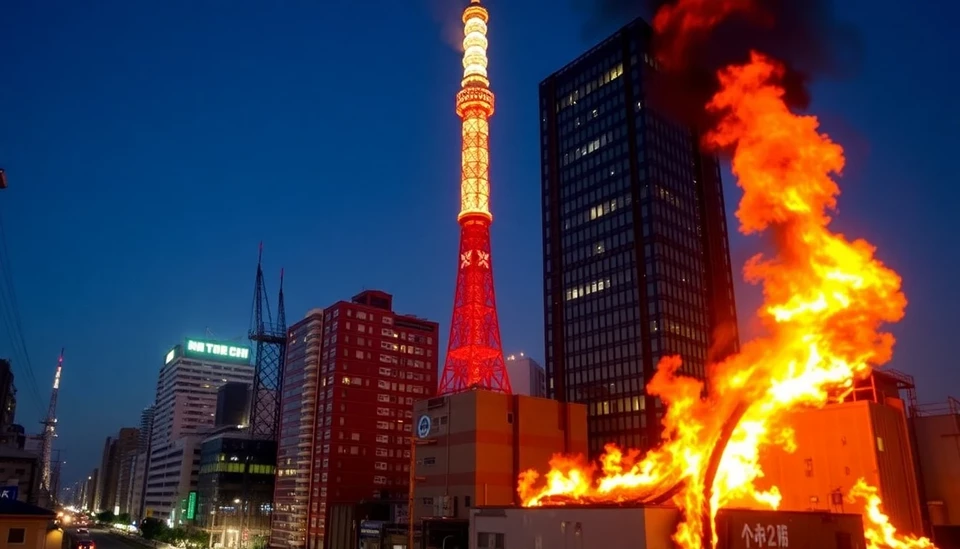
Tokyo Gas, one of Japan’s leading energy companies, is currently facing critical scrutiny regarding its substantial real estate investments, which amount to a staggering $9.7 billion. The backlash comes as stakeholders raise alarms about the risks associated with this extensive portfolio, particularly in light of fluctuating market conditions and the company’s strategic direction.
The criticism centers around the company’s aggressive expansion into the real estate sector, where it has sought to diversify its assets beyond traditional energy resources. While this move is not unusual given the current global economic climate, analysts are questioning whether this diversification might ultimately pose more risks than benefits, especially with rising interest rates and an uncertain property market leading the charge for caution among investors.
Recent estimates suggest that Tokyo Gas has significantly invested in both residential and commercial properties through various subsidiaries and partnerships. However, the ongoing economic challenges have left many of these investments under scrutiny. Analysts are particularly concerned about the potential for a downturn in real estate prices, which could drastically impact the company’s fiscal health and overall profitability.
The risks inherent in such a large footprint in real estate are exacerbated by the growing calls for a transition towards more sustainable energy sources. As Japan continues to navigate the complexities of energy policy and climate change commitments, stakeholders are urging Tokyo Gas to refocus on its core competencies rather than diverting attention and resources towards real estate investments.
The scrutiny of Tokyo Gas's investment strategy is compounded by broader market conditions, as the company is witnessing blows from increased competition within the energy sector and the shifting demand for gas and renewable alternatives. Investors are becoming increasingly wary, with concerns mounting that the company may be over-leveraging itself in an environment that is hostile to heavy investment in real asset classes.
In response to this growing anxiety from analysts and investors alike, Tokyo Gas has indicated that it remains committed to its real estate strategy, touting it as a critical growth area for the future. The company plans to provide further clarity on its portfolio in upcoming communications. However, how it will navigate these investments amid a potentially turbulent market remains to be seen.
As Tokyo Gas continues to face challenges, the potential implications of its real estate strategy may resonate far beyond the company's balance sheets. The increasing scrutiny also highlights broader concerns within the energy and investment community regarding the alignment of traditional utility companies with the evolving demands of sustainability and economic resilience.
In summary, Tokyo Gas's $9.7 billion real estate portfolio currently stands at a crossroads, with significant pressure from investors and stakeholders to reassess its ambitious strategy. The outcome of these evaluations could set a precedent for how energy companies approach diversification in an ever-changing market landscape.
As the situation develops, many are keenly watching to see whether Tokyo Gas will adapt its strategy in response to the mounting challenges within the real estate sector, and how such a shift might reflect on the broader energy landscape in Japan and beyond.
#TokyoGas #RealEstate #EnergySector #InvestmentStrategy #MarketScrutiny #Sustainability #EconomicChallenges
Author: Samuel Brooks



